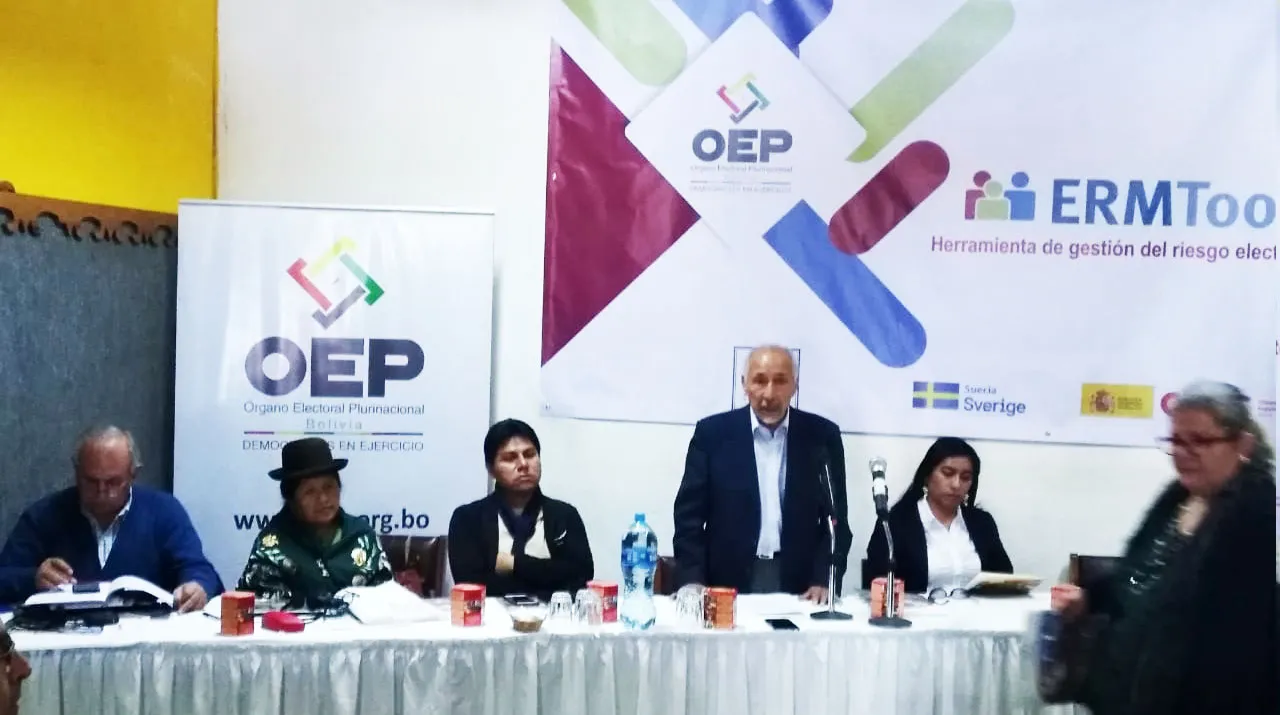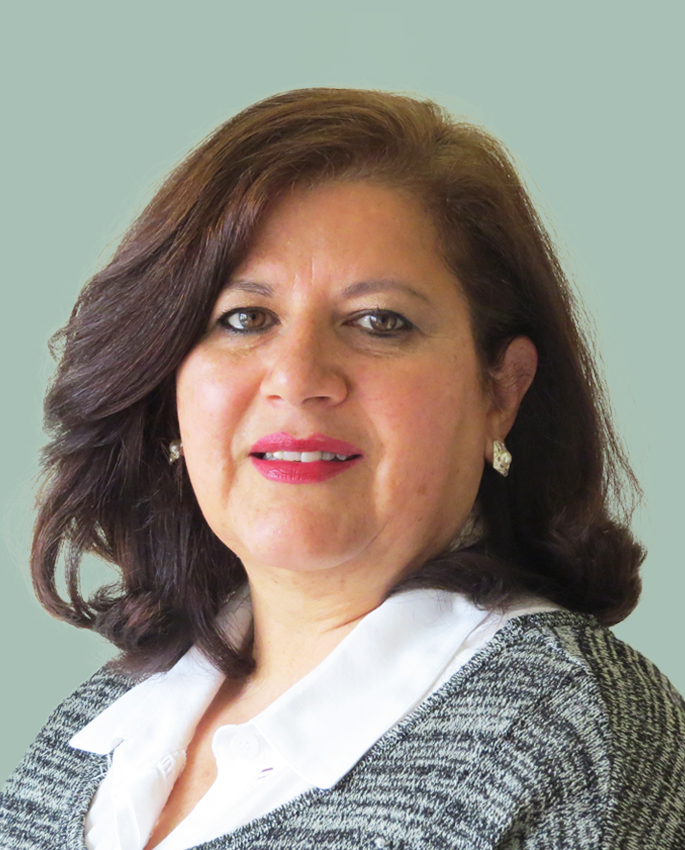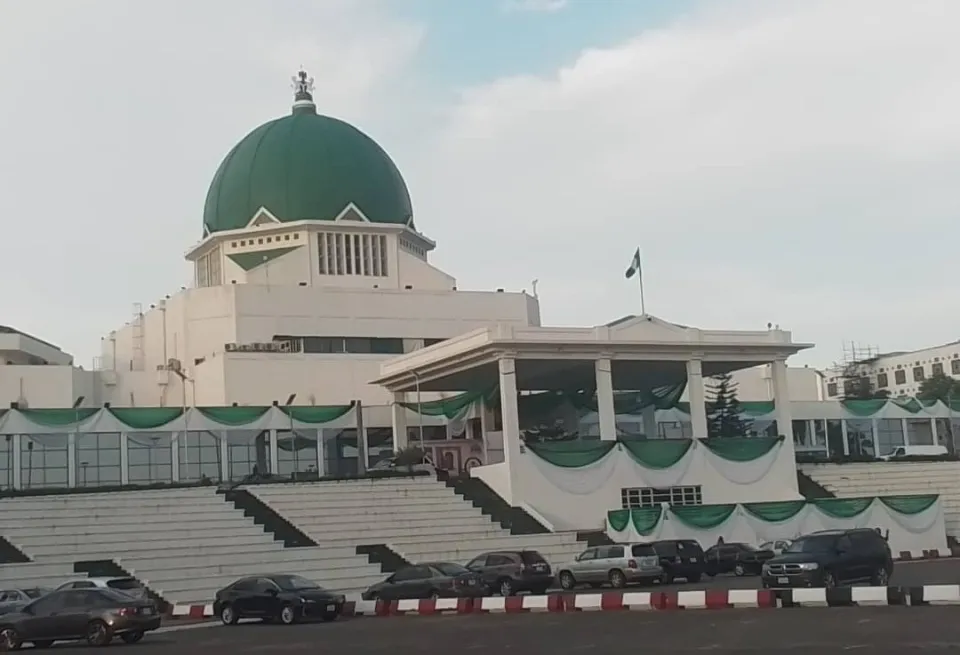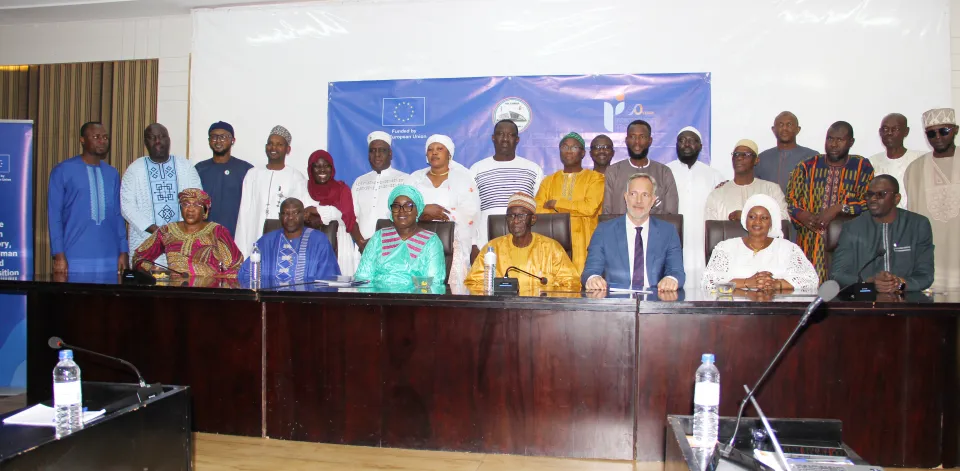International IDEA’s ERM Tool will be implemented in Bolivia

Any election entails risks, the challenge lies in how to confront and overcome such risks, even before threats turn into concrete facts. Under this premise International IDEA has developed an Electoral Risk Management Tool (ERMTool). The ERMTool has been designed in order to help user organizations attain a better understanding of electoral risks, develop awareness of the situation and make well informed, conflict sensitive decisions. The tool is an IT application made up of three interactive modules that provide useful information related to expertise, analysis and execution.
Este artículo está disponible en español
International IDEA’s field office in Bolivia, having considered the environment under which the 2019 national elections will be held, has seen the need to contribute to an understanding and explanation of possible outbreaks of violence, adding that paying attention to any such events is a complex task that must involve all electoral bodies.
With this viewpoint in mind the workshop “Mapping electoral risk in Bolivia” was held on 11-12 April 2019 with the participation of senior authorities and key officials from the Plurinational Electoral Body (OEP), experienced in organizing elections. During the workshop, electoral authorities had the opportunity to debate the risks that afflict the electoral process organization, ranging from legal regulations to operative, technical, political matters others.
During the workshop’s opening ceremony, Alfonso Ferrufino, International IDEA’s Senior Representative in Bolivia, referred to the need to identify weaknesses in order to overcome them going forward. “The prerequisite for any therapy is a diagnosis” Ferrufino added, whilst pondering that the OEP is taking on the challenge to address in a timely manner its greatest obstacles, and that International IDEA is very pleased to contribute to this process.
The presentation of the Tool was given by Sead Alihodzic, International IDEA’s Senior Programme Officer, who explained that “the ERMTool had been designed to reinforce user capability in the understanding of multiple risk factors, the analysis of relevant data and the pursuit of pre-emptive action measures, as well as reducing negative effects that undermine the credibility of the electoral process.” In addition to describing the Tool, we were informed of multiple experiences in its use throughout the world. “International IDEA has shared over 250 user licenses with organizations in 100 countries,” Alihodzic advised.
Among the countries which experienced this application are Bosnia and Herzegovina, Guatemala, Kenya, Myanmar, Mexico and Peru.
Over 60 persons attended the workshop, among whom stood out the OEP’s president, María Eugenia Choque and all the members of the Supreme Electoral Tribunal (TSE), the presidents of the Regional Electoral Tribunals, its members and senior officials. As such, the analysis carried out obeying the ERMTool methodology, provided altogether the best of experiences in electoral matters. Feedback was based on the participants’ insight in relation to previous elections, which included: risk levels in the different regions, factors behind such risks, critical electoral phases and possible pre-emptive and mitigation measures.
Upon conclusion of the event, both Ms Choque, the OEP’s president as well its members expressed interest in implementing the ERMTool in the nation’s nine autonomous regions. “The Tool allows us to systemize our work within the framework of analysis and to identify factors that impact in an internal and external manner” Ms Choque added, in her capacity as president of the TSE in Full Chamber, whilst its vice-president, Antonio Costas stated that “it would be very important to put into practice the Tool as soon as possible because we are at the start of an electoral process, in which significant risk factors have been identified, that certainly need to be addressed. This compliments the work of the electoral body with regards to ISO electoral certification, which itself requires risk control and contingency planning in anticipation of such situations.”
For his part, Eulogio Nuñéz, the vice-president of Santa Cruz’s regional electoral tribunal, observed that “the electoral body has made significant progress in technical matters in comparison to its former entity, the electoral court. There have been several innovations that address the delivery and collection of electoral material, the innovative ‘electoral suitcase’, the monitoring system of all electoral processes (previously not carried out), also training given to electoral jurors has improved significantly. The objective we all have is that this tool will allow us to improve progress, and obtain manuals and documentation to help prevent potential contingencies and situations that could impact the electoral process”.




